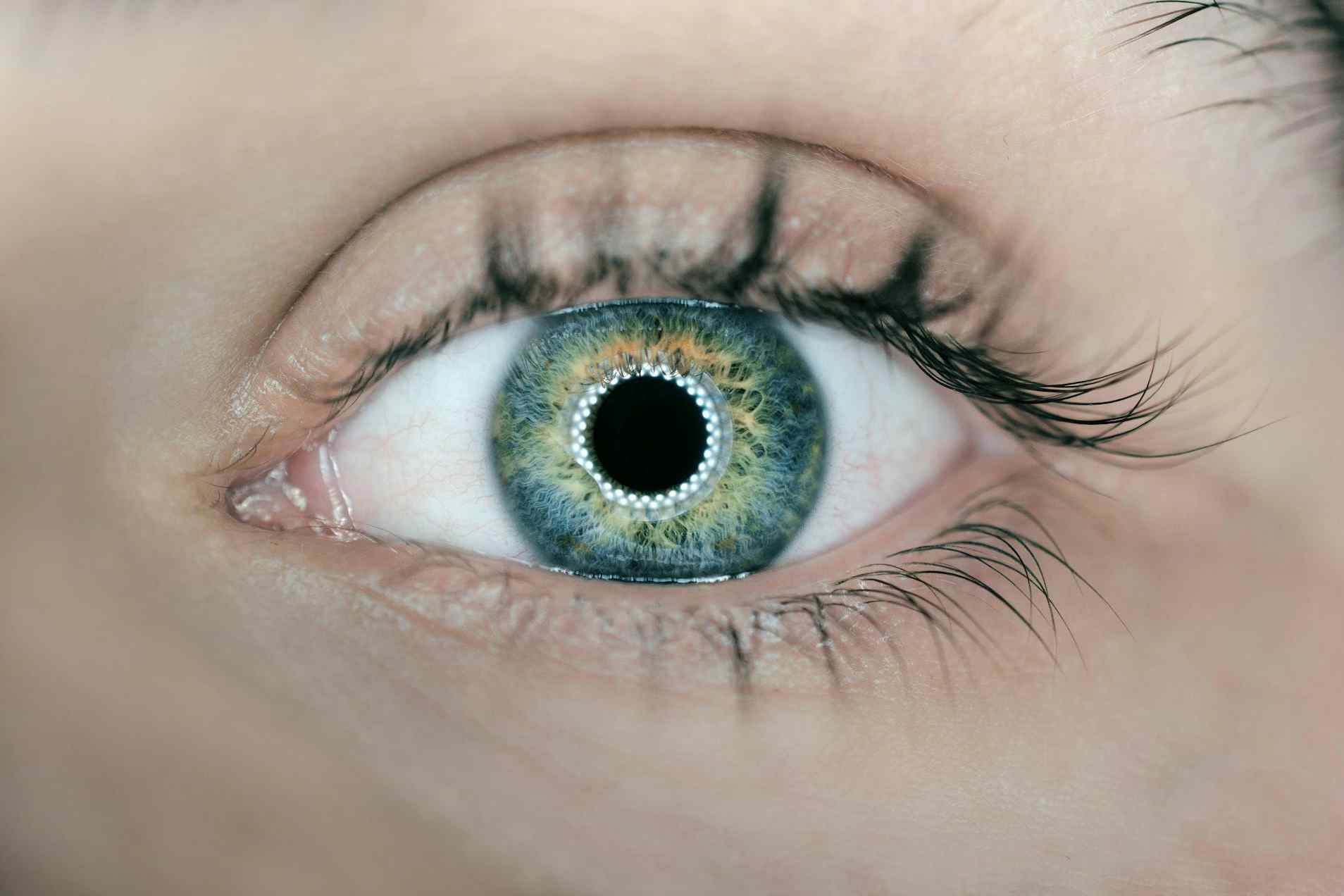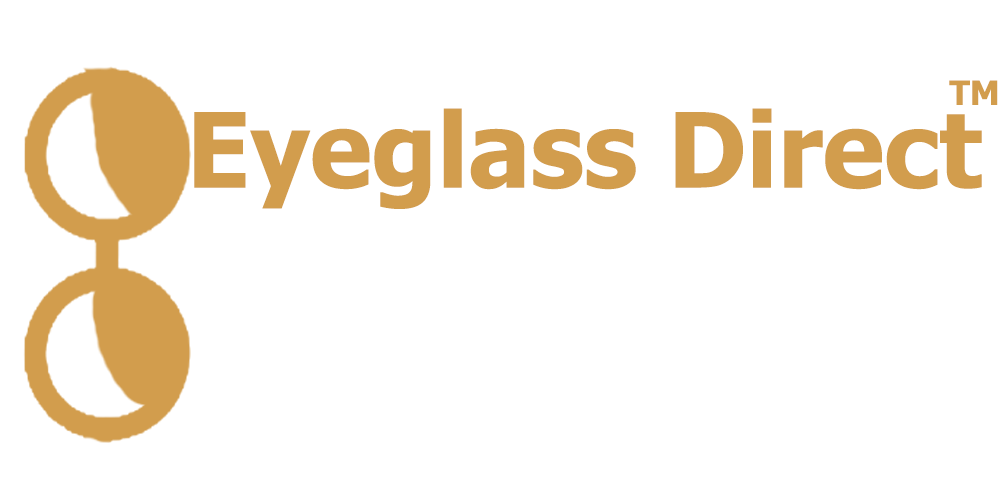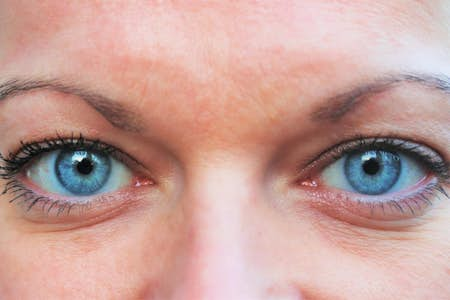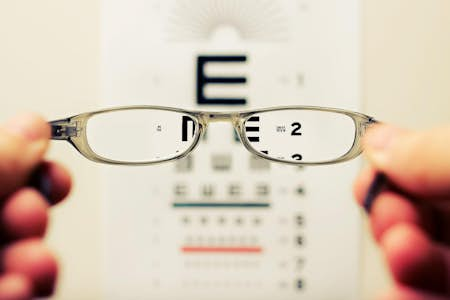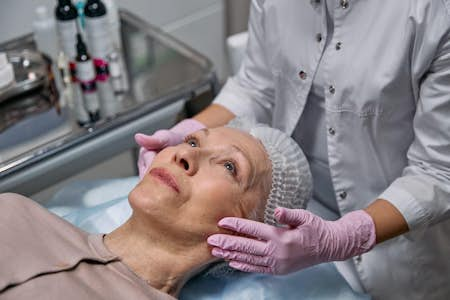Regular eye examinations are essential in later life to maintain good vision and provide early detection against many treatable eye conditions that eye conditions which will ultimately limit your sight. Some people are entitled to a free NHS eye test. Free check-ups and eye tests may depend on age, your working or income status or whether or not you have any existing eye conditions.
Who is entitled to a free eye test?
You could be eligible for a free NHS eye test if you meet certain criteria or have specific health problems. These include:
- You are aged 60 or over
- You are aged 40 or over and have a family history of glaucoma (brother, sister or parent with glaucoma)
- You are registered as severely sight-impaired, blind or partially sighted
- You suffer from Diabetes
- You have glaucoma
- An ophthalmologist considers you at risk of glaucoma
You can have a free NHS sight test and an optical voucher towards the cost of your glasses if you are aged 16, 17, or 18 and are in full-time education or if you or your partner is receiving income support. In addition, there are other benefits-based entitlements, including those who receive income-based jobseeker’s allowance and if you or your partner receive pension credit. If you require complex lenses, you are entitled to a free NHS sight test and an NHS voucher towards their cost.
NHS voucher values
The value of an NHS optical voucher depends upon whether you have a clinical need for prisms or tints in your glasses or the strength of the contact lenses you require. Vouchers typically range from £39.10 to £215.50.
Vouchers A, B, C and D cover glasses with single-vision lenses and depending upon strength, there is a scale of values starting at £39.10 up to £196.00. Vouchers E, F, G and H cover bifocal lenses, which are glasses with two distinct optical powers. These vouchers start at £67.50 and increase to an upper limit of "£215.50 depending upon the individual prescription. Voucher I covers glasses prescribed by NHS trusts that do not fall within any of the preceding categories, and this voucher has a value of £200.80. Voucher J is a lower-value voucher of £57 for contact lenses following a prescription issued by an NHS Trust or NHS Foundation Trust.
If you have an NHS voucher, you can go to any optician, provided they accept NHS optical vouchers. The voucher may only be part payment towards the cost of your glasses or contact lenses; if there is a difference, you will need to meet the additional cost.
The importance of regular eye tests
The health of your eyes is a priority as you age. Regular eye tests help spot those eye conditions that present without symptoms like glaucoma and will also check for cataracts and diseases like Hypertensive Retinopathy which is associated with high blood pressure.

